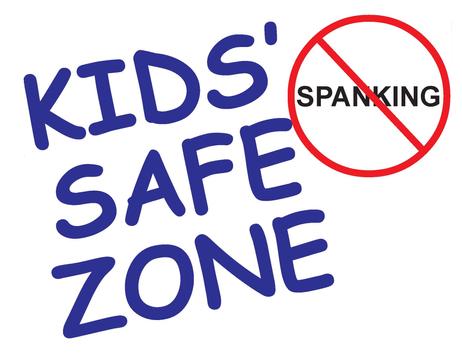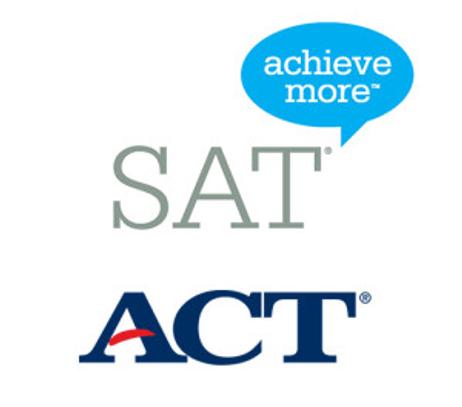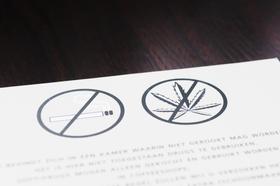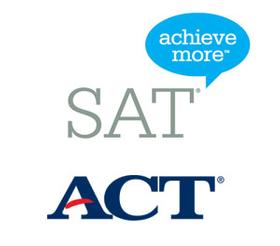The 2019 college admissions scandal proved that cheating is endemic throughout the secondary and tertiary levels of education. Cheating is not restricted to college admissions tests and applications. We find examples in the classroom, on term papers, projects, and more. I will omit a discussion of cheating in elementary school in this essay and cover it in another article.
In 2011, when I read about students paying another person to take their SATs, I was appalled. What were they thinking? And how did they pull it off? Looking back on my high school and university years, I realize now that it was tough to cheat in the 50s and 60s. That was because all of my examinations required us to write out our answers in pen. We didn't have multiple choice exams. No punch cards. I did occasionally hear of students who wrote out formulas on their palms or who looked over at a neighbor's answer book. But that was about it. Fast forward to the age of smartphones, and cheating has gone digital.
This video explains what contract cheating is and how it works.
Our role as parents
I will confess that I was, and, indeed, still am, a somewhat naive parent. I assume good things will happen. I also believe that my children will do the right thing. For the most part, and I can say this after long years

































